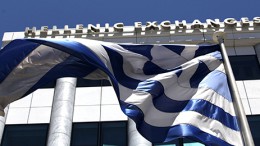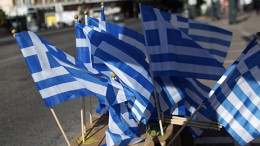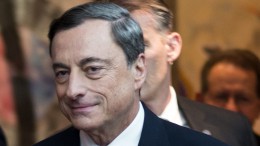By Gabriel Sterne via MacroPolis | It is easier to write down big questions on Greece’s future; harder to answer them: (1) Will Syriza win with an overall majority?; (2) Will a new programme be agreed in time?; (3) To what extent will it stay on track?; (4) How much additional debt relief and financing will the Troika give to Greece, and in what circumstances?; (5) If and when the wheels come off the programme, is an exit inevitable? Would it be managed or chaotic? One thing we can be sure about though. The scene is set for a political showdown, the likes of which the Euro-crisis has not yet seen.









